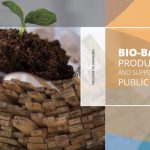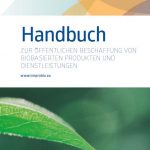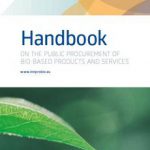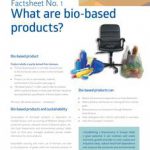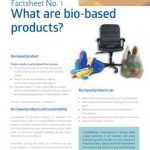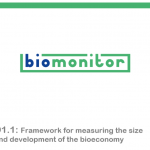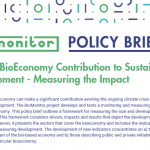InnProBio Bio-based procurement tools
Public procurement plays a vital role in Europe’s economic performance. EU public spending on purchasing supplies, works and services amounts to nearly 19% of the EU’s gross domestic product. This tremendous power from the European public sector can be used as a market pull mechanism to help boost the market of bio-based products and their associated services.
By harnessing the potential of public procurement to foster innovation, InnProBio worked with the public sector to develop tools for purchasers, facilitate the creation of buyers groups, and increase awareness and incentives in order to lower the barriers to purchasing innovative bio-based products and services. Thus leading to the opening of new markets of bio-based products in Europe.
InnProBio outcomes include tools & resources, including factsheets, state-of-the-art reports, a product database, guidance materials, and recommendations on the public procurement of bio-based products and services.
This webpage presents various bio-based procurement tools, including
- a series of 4 good practice examples, showing how bio-based procurement was done successfully in practice, can be found here.
- a roadmap with detailed information on various procurement instruments that can be used for bio-based procurement
- a selection of text blocks with exemplary technical specifications, for inclusion in public procurement (tender) documents
The same materials are also covered and discussed in InnProBio’s Handbook on Bio-Based Procurement.

